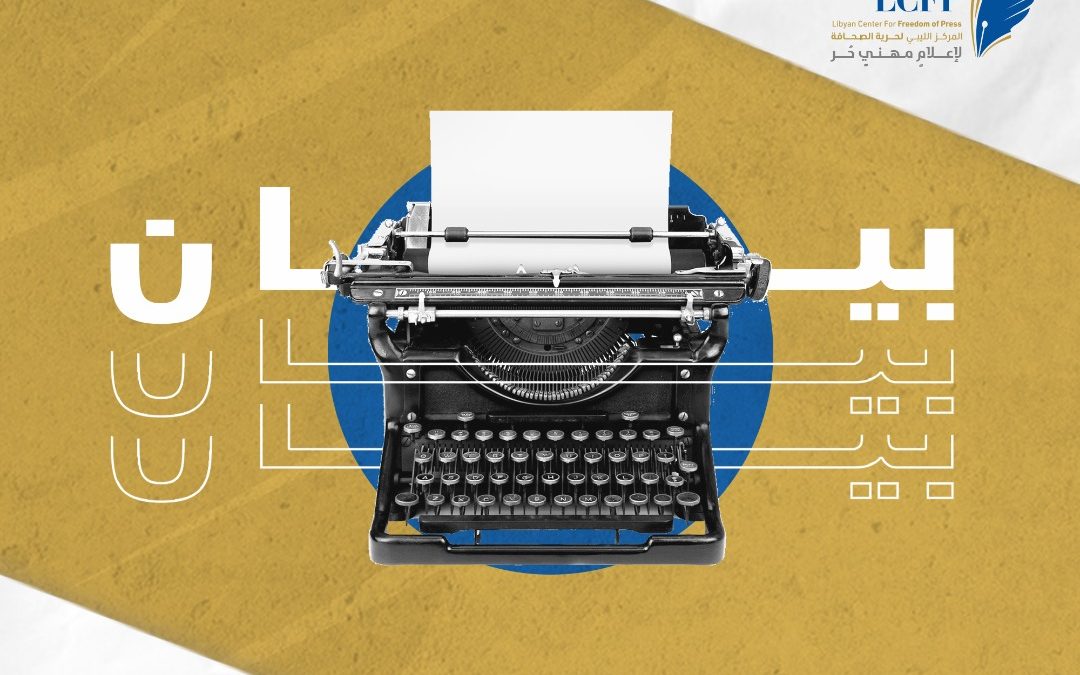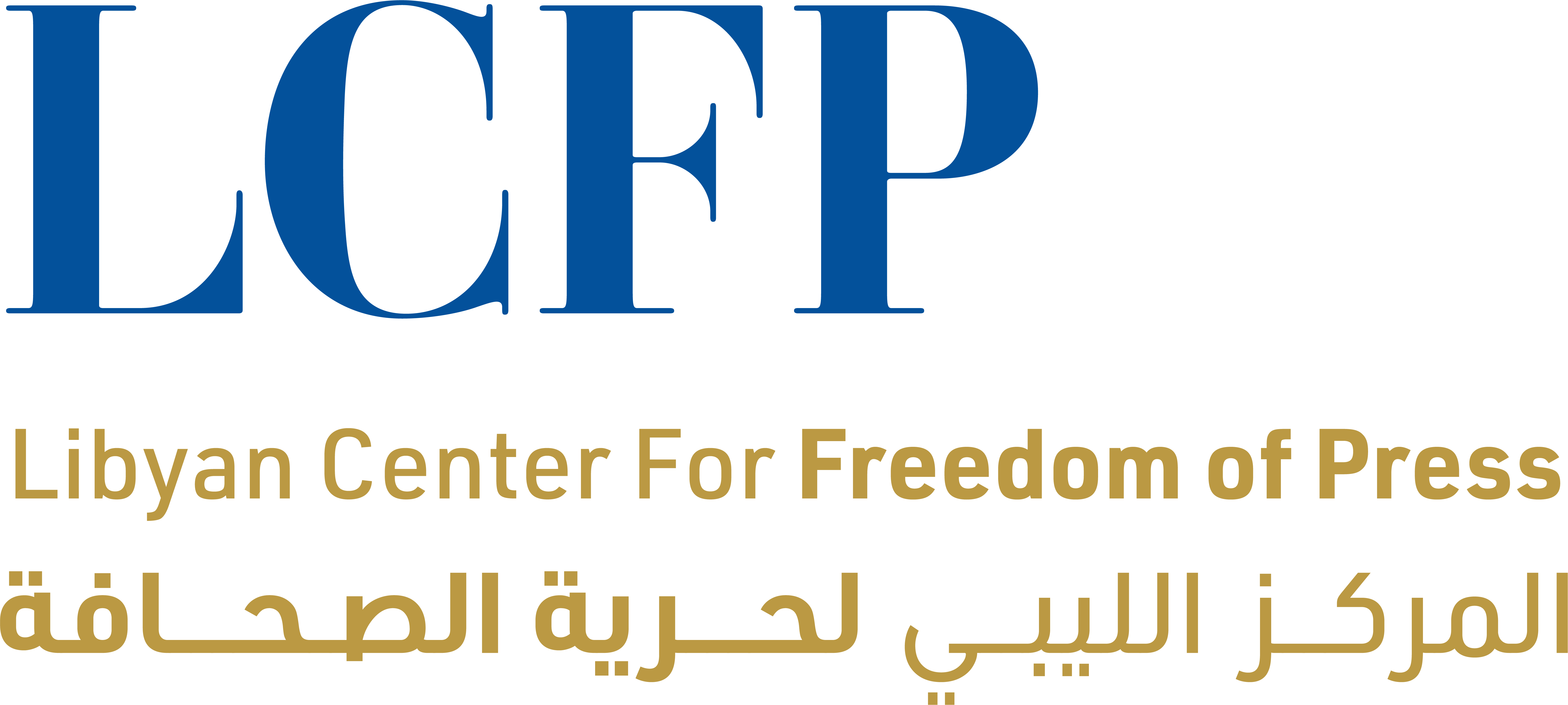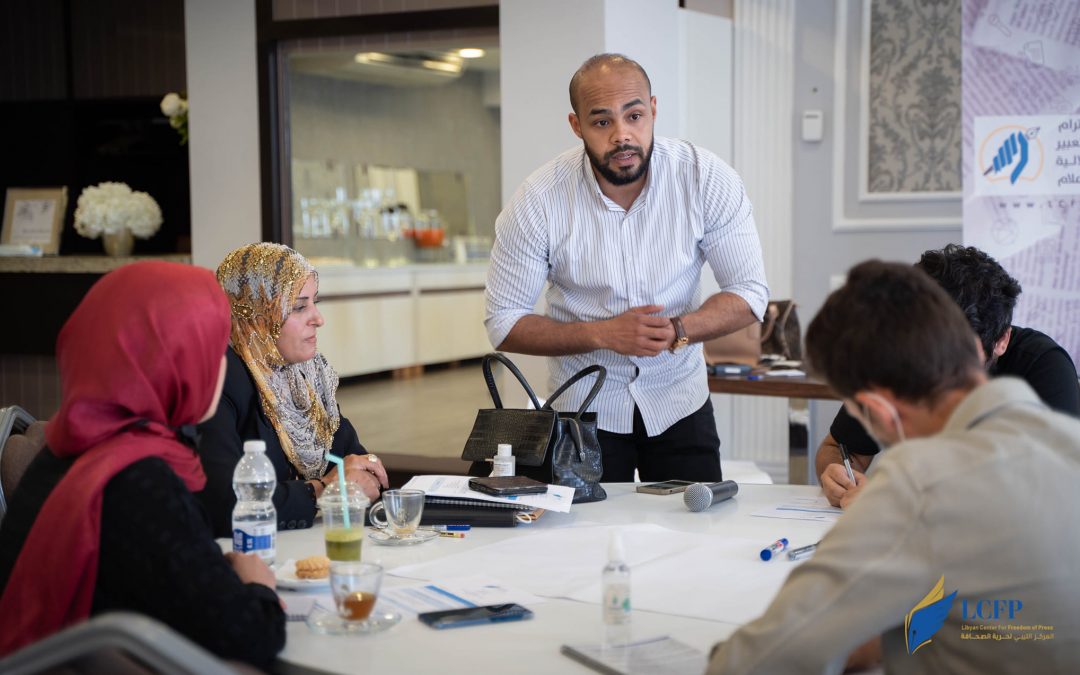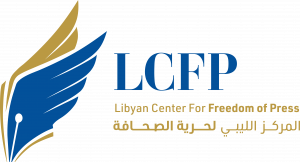
Human rights organisations warn of the deteriorating situation of migrants, asylum seekers and refugees in Libya and the worrying shrinking civic space
We, activists and members of civil society organisations working on ongoing human rights violations against migrants, asylum seekers and refugees in Libya, express our deep concern regarding the general climate of impunity and lack of accountability in the country. This volatile situation is further hampered by the shrinking of civic space, especially in light of through the criminalisation of activists and the crackdown on civil society organisations
Detention centres
In the last 6 years, since the Italy-Libya Memorandum of Understanding was signed, almost 185,000 people have been intercepted at sea by the so-called Libyan Coast Guard and brought back to detention centres in Libya. In these centres, which are at the hands of violent militias, they are at high risk of being subjected to mistreatments, forced labour, rape, torture and trafficking. A recent research carried out by Tilburg University concluded that at least 200,000 refugees (mostly from Eritrea) have been enslaved and trafficked in Libya between 2017-2021
The OHCHR Report Unsafe and Undignified: The forced expulsion of migrants from Libya, as well as the June 2022 report from the Independent Fact-Finding Mission on Libya, found evidence of war crimes and crimes against humanity in the specific case of migrants’ detention centres
Since 2021, some of the “official” detention facilities are being run by the Stabilisation Support Authority (SSA), which, according to Amnesty International, is a “a state-funded militia that operates with impunity” and who also intercepts migrants at sea
In its latest report dated 30 January 2023, the UN Fact-Finding Mission on Libya said that “arbitrary detention in Libya has become pervasive as a tool of political repression and control”, and that “Libyan authorities must take decisive steps to provide justice and redress to the vast number of victims suffering from long-standing violations of human rights and international humanitarian law”.
Externalisation policies, pullbacks and pushbacks
The EU and its Member States continue to further develop externalisation policies and try to contain migration by all possible means. They do so by equipping and supporting the so-called “Libyan Coast Guard”, who intercepted and returned 24,684 people to Libya in 2022, and almost 3,046 so far in 2023. Evidence shows how some of these interceptions are facilitated by Frontex through aircrafts and drones
The International Organisation for Migration reports that in the whole year 2022, 525 people died and 848 went missing in the Central Mediterranean route. These numbers are likely to be much higher due to the complete absence of information regarding many shipwrecks taking place along this route. As reported by Alarm Phone, pushbacks by merchant vessels are also common The situation at land borders is also extremely worrying: according to official statistics reported by OHCHR, “in 2019 and 2020, at least 7,500 migrants have been expelled from Libya’s external land borders”, most of them Egyptians, Sudanese and Chadians. More recently, forced returns have increased to Niger, Sudan and Chad. Also, boat departures of Egyptians from the East of Libya are on the rise: in 2022, Egyptians were the second nationality of migrants arriving in Italy (after Tunisians), while in 2021, more than 26,500 Egyptians were stopped at the Libyan border. The situation of asylum seekers and refugees inside Libya who are registered with the UN Refugee Agency, UNHCR, and are also victims of arbitrary detention and deportation, is very concerning as well, as is the lack of a legislative framework for the protection of migrant workers in the country. Hundreds of migrants are expelled by Libyan forces to get starved or kidnapped by ransom gangs. In January 2023, 600 migrants detained in Al Kufra facility controlled by the Department for Combating Illegal Immigration (DCIM) were expelled by the Libyan Arab Armed Forces (LAAF). This number included Sudanese asylum seekers registered at the UNHCR. Many are believed to have died in the desert and most went missing
At the same time, the European Union is committed to further “strengthen capacity of Libya to prevent irregular departures”, as stated in the Action Plan on the Central Mediterranean, and to disburse EUR 45 million to Libya and Tunisia to strengthen border management, including supporting Maritime Rescue Coordination Centres (MRCC) and the “training academy for border guards in Libya”. The EU is also committed to “explore ways to improve process to disembark migrants in Libya”, as stated in the 12-point MOCADEM Action file on Libya
Libya is not a safe place for disembarkation for migrants, and despite the numerous acknowledgements of this fact by UN bodies and the Council of Europe, and the many denunciations of agreements, the EU remains silent. On 6 February 2023, Italy handed over the first of the five announced patrol vessels to the Libyan Coast Guard (under EUTF budget), in the presence of European Neighbourhood and Enlargement Commissioner Várhelyi.
It is clear that the way the EU and some EU Member States collaborate with Libyan authorities in the field of migration is further hindering the stabilisation process in Libya. It also fosters a cycle of violence linked to interception and detention which strengthens local militias and human traffickers who are making money out of the lives of migrants, asylum seekers and refugees
We, the undersigned organisations, ask that
The EU and its Member States:
- Ensure that any agreements or cooperation between Libya and the EU and its Member States are consistent with international and EU Law.
- Esure transparency and disclosure of the monitoring and follow-up mechanisms adopted by EU to ensure the safety and security of migrants at sea, at disembarkation points and detention centers.
- Encourage and pressure Libyan authorities to open serious investigations into human rights violations and to implement the UN Fact Finding Mission’s recommendations
- Stop providing material and financial support to increase Libya’s capacity to intercept people at sea and/or land borders as it deteriorates the rights of migrants and refugees, increases pushbacks at sea and violence against them.
- Guarantee the transparency and accountability regarding the use of EU and Member States’ budget for border management projects in Libya.
- Focus Member States’ and the EU’s foreign policy on supporting the peace and stability process in Libya, and reduce the excessive focus on border management.
- Stress that Libya cannot be considered a Place of Safety for the disembarkation of migrants rescued at sea and put in place an EU Search and Rescue (SAR) operation in the Central Mediterranean; as well as to respect their duty of Search and Rescue.
- Reinforce safe and legal pathways for migration to the EU.
- Press Libyan authorities to fully respect the guarantees of the right to freedom of association, notably to:
- end the broad and systematic campaign of investigations and arbitrary arrest of bloggers, members of local civil society organizations (CSOs) and Libyan staff of international NGOs;
- allow Libyan CSOs to interact freely with UN agencies and international NGOs without prior security approval; cease all forms of reprisals against members of Libyan civil society for communicating with the international community about the human rights situation in the country;
- allow Libyan CSOs to visit detention facilities for migrants without prior approval from security bodies;
- freeze any decisions to suspend or dissolve Libyan CSOs without a prior judicial ruling; any such rulings must be issued in full respect for fair trial rights.
List of signatories
- Adala For All (AFA)
- Aman Against Discrimination(AAD)
- Belaady Organization for Human Rights
- Cairo Institute for Human Rights Studies (CIHRS)
- Defender Center for Human Rights
- EuroMed Rights
- Independent Organization for Human Rights
- Libya Al Mostakbal
- Libyan Center for Freedom of Press
- Libyan Crimes Watch
- Libyan Network for Legal Aid
- Refugees in Libya
- Un Ponte Per (UPP)
- World Organisation Against Torture (OMCT)
- Youth Gathering for Tawargha


